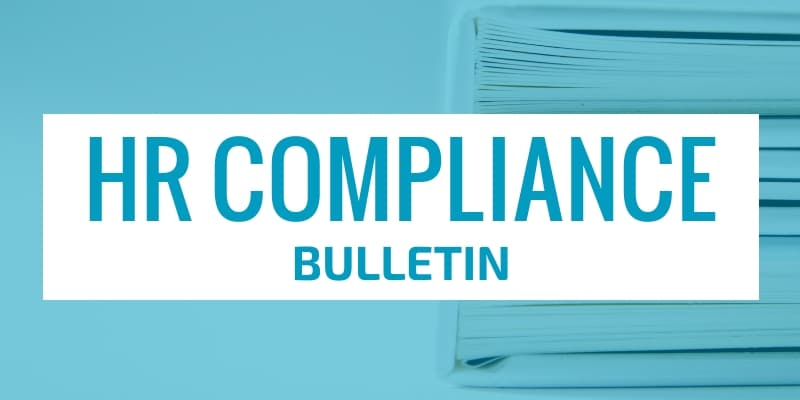 Time theft in the workplace is a common and expensive problem across industries. And, if not addressed, it can cost employers time, money and customers.
Time theft in the workplace is a common and expensive problem across industries. And, if not addressed, it can cost employers time, money and customers.
In fact, the American Payroll Association found that 75% of businesses in the United States are affected by time theft every year. Another study estimates that time theft costs U.S. employers more than $400 billion per year in lost productivity.
When employees are working remotely, it’s harder to detect and prevent all types of fraud. This article explores the risk of time theft and explains how to prevent time or schedule abuse among remote employees.
 On Sept. 2, 2020, the Department of the Treasury (Treasury Department) and the Internal Revenue Service (IRS) released Notice 2020-68, which provides guidance on certain provisions of the Setting Every Community Up for Retirement Enhancement Act of 2019 (SECURE Act).
On Sept. 2, 2020, the Department of the Treasury (Treasury Department) and the Internal Revenue Service (IRS) released Notice 2020-68, which provides guidance on certain provisions of the Setting Every Community Up for Retirement Enhancement Act of 2019 (SECURE Act).

 Time theft in the workplace is a common and expensive problem across industries. And, if not addressed, it can cost employers time, money and customers.
Time theft in the workplace is a common and expensive problem across industries. And, if not addressed, it can cost employers time, money and customers.